The Vicious Cycle of Human Nature: What Happens When No One Is Watching?
The Vicious Cycle of Human Nature: What Happens When No One Is Watching?
In a hauntingly unforgettable performance in 1974, artist Marina Abramović conducted a radical social experiment. She stood motionless for six hours beside a table of 72 objects — some harmless, others capable of immense harm. A sign read: “You can use everything on me. I am the object.”
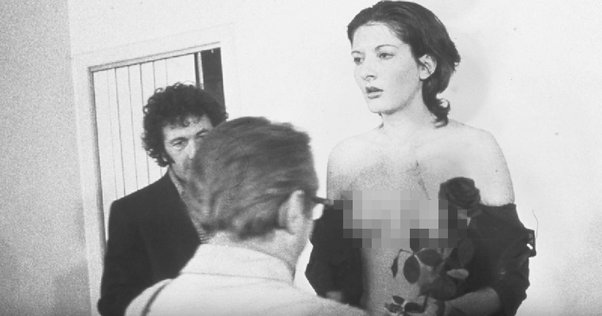
At first, people were gentle.
Then, they weren’t.
They cut her with blades. Stripped her. Pointed a loaded gun to her head. In Marina’s words: “If you leave it up to the audience, they can kill you.”
This wasn’t art anymore. It was a mirror held up to our species. When there are no consequences, when time dulls inhibition, the darkest parts of human nature emerge.
What Makes People Corrupt?
Psychologist Anna Sebastian answers this question in her insightful Quora piece: According to psychology, what makes people corrupt?
She writes that corruption isn’t always born from evil, but often from unchecked opportunity, a lack of accountability, and social modeling. If society rewards outcomes rather than integrity, corruption becomes normalized. Harm becomes a tool, not a crime.
“A system that rewards results over morals ultimately creates a cycle where wrongdoing is excused as long as it’s effective.” — Anna Sebastian
This spiral, once started, feeds on itself. Harming others becomes justified as long as the end goal — money, status, control — is achieved. Eventually, society worships those who “win,” regardless of how they got there.
孟子 (Mencius) Saw It Long Ago
This isn’t new. Thousands of years ago, Chinese philosopher 孟子 (Mencius) wrestled with the question of human nature. Unlike Confucius, who believed in the goodness of man, Mencius had a darker view: “人性本恶” — Human nature is inherently evil.
I remember hearing this from my secondary school Math teacher, who spoke in fluent Chinese. Yes, Math. Because back then, teachers weren’t just technical experts. They were philosophers, guides, moral compasses.
But after 1987, Singapore removed Chinese as a medium of instruction. As a result, two generations of Singaporeans grew up disconnected from their philosophical heritage. A recent Straits Times article shared how bilingual teachers from that era were only recently honored at a luncheon — decades too late, but better than never.
These educators once linked disciplines: Math with morality, Science with soul, Language with life lessons.
Who Was Mencius (孟子)?
Mencius (孟子), born around 372 BCE during China’s Warring States period, was a philosopher, teacher, and one of the most influential interpreters of Confucian thought. A native of the State of Zou, located in present-day Shandong Province, he traveled across kingdoms advising rulers on governance rooted in benevolence (仁) and moral duty.
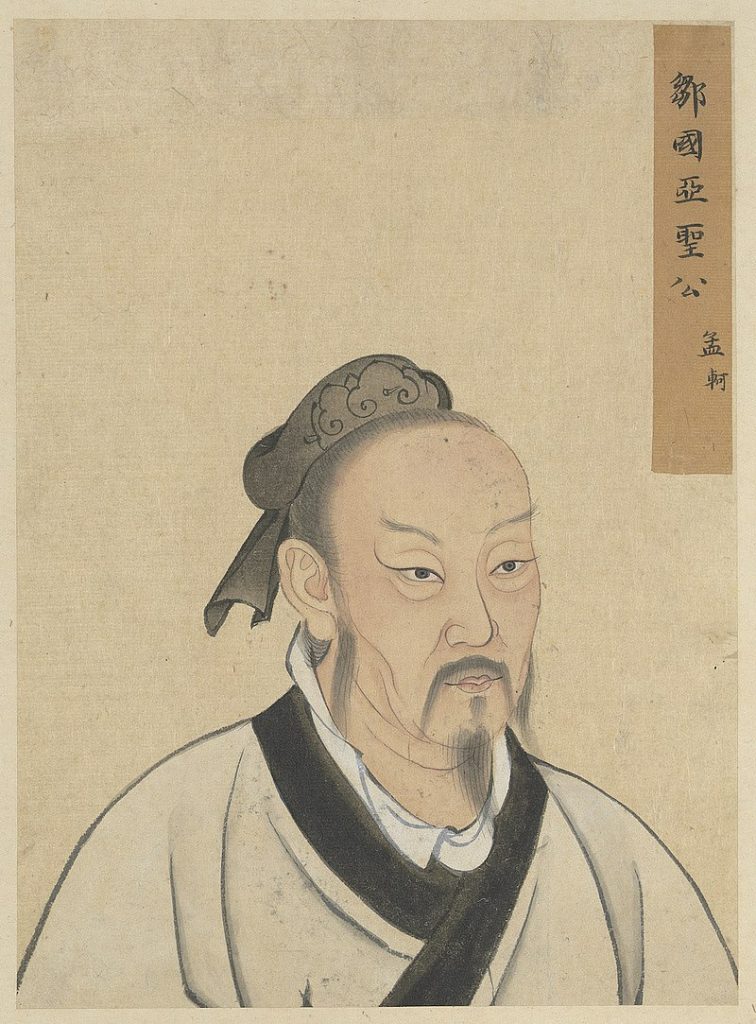
While he expanded on Confucius’s teachings, Mencius took a more nuanced view of human nature. Contrary to the view that people are born good, he emphasized the potential for evil if moral cultivation is neglected. He believed society must nurture virtue through education, righteous leadership, and proper systems, or risk falling into decay and chaos.
Mencius’ dialogues, collected in the Book of Mencius (《孟子》), continue to serve as a moral compass for thinkers across Asia and beyond.
What Happens When Philosophy Is Missing?
When we strip education of philosophy, we raise technicians without wisdom. When we celebrate wealth but ignore virtue, we create systems where only results matter. When we remove culture from classrooms, we lose context and compass.
So the question remains: What do we do about this worsening phenomenon?
1. Reintroduce Philosophy in Education
Not as electives, but as essential. Let youth study ethics, not only economics.
2. Reward Process, Not Just Outcome
Let leaders, educators, and policymakers model accountability over achievement.
3. Honour Cultural Educators
They were the last bridges between logic and legacy. Let’s preserve what they stood for.
The Marina Abramović experiment is a warning. Anna Sebastian’s analysis is a diagnosis. Mencius’ philosophy is a forgotten remedy.
The darkness in human nature exists. But it is not invincible. Only when we confront it — through education, awareness, and courage — can we break the cycle.
Let’s not worship corruption. Let’s not normalize harm. Let’s be brave enough to shine light into the dark.
This article is published on LinkedIn and can be found via this URL.
📚 References & Further Reading
- Abramović, Marina. Rhythm 0 (1974) Performance Art Piece Marina Abramović Institute. Retrieved from: https://www.marina-abramovic.com
- Sebastian, Anna. According to psychology, what makes people corrupt? Quora. Retrieved from: https://askdaddy.quora.com/According-to-psychology-what-makes-people-corrupt-1?ch=15&oid=1477743849785788&share=298fa667&srid=hILUtC&target_type=answer
- Tan, Amelia. Teachers trained in Chinese medium in the 1970s honoured for their contributions The Straits Times, Published 7 Aug 2023. (Article covering the luncheon honouring bilingual teachers in Singapore) https://www.straitstimes.com (exact URL may vary depending on publication access)
- Mencius (Mengzi, 孟子). The Book of Mencius (《孟子》) – Confucian classic text compiled by disciples of Mencius. English translation by D.C. Lau (Penguin Classics, 2005).
- Eno, Robert. Mencius: An Online Teaching Translation. Indiana University Bloomington, 2015. https://scholarworks.iu.edu/dspace/handle/2022/23484
- Singapore Ministry of Education (MOE). Language Education Policy Shift in 1987. Archived education reforms and bilingual policy developments. https://www.moe.gov.sg


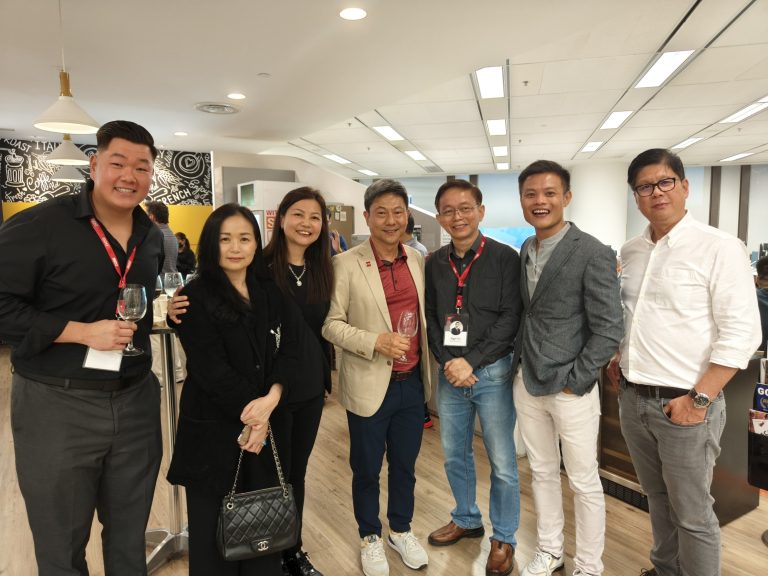
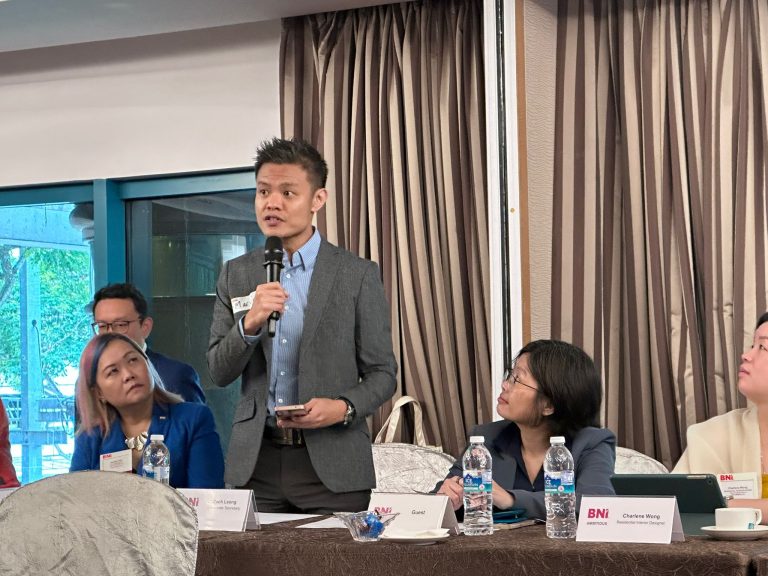
![[Satire] Meritocracy, Dynasties & The Curious Case of the Lee Clan](https://marvinfoo.com/wp-content/uploads/2025/03/image-22-768x1022.jpeg)
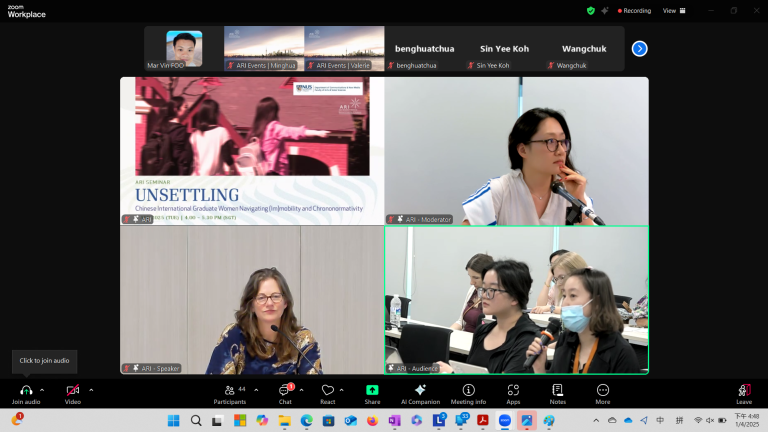
![[☯️ Strategy Unveiled] Tesla, Xiaomi, and the Stalking Horse Gambit: The Art of War in Capital Markets](https://marvinfoo.com/wp-content/uploads/2025/03/20240430_121920-min-768x359.jpg)